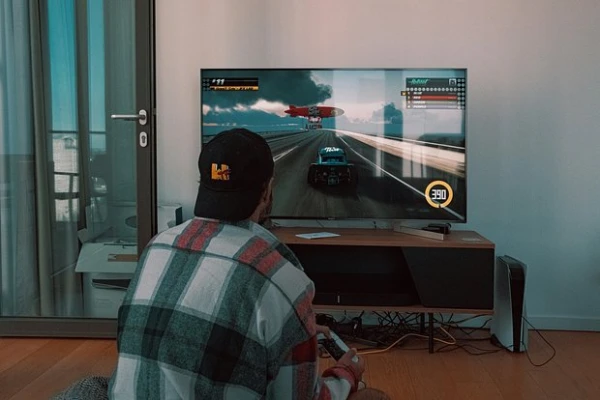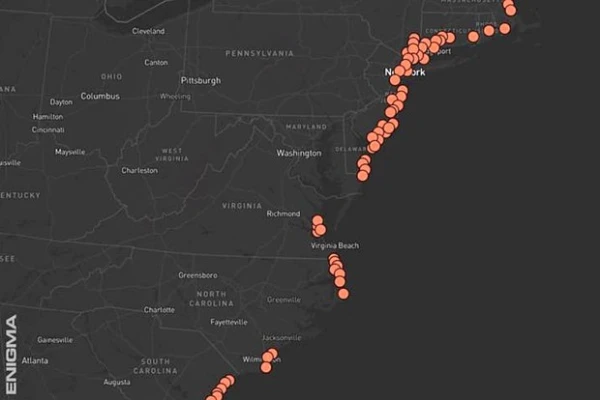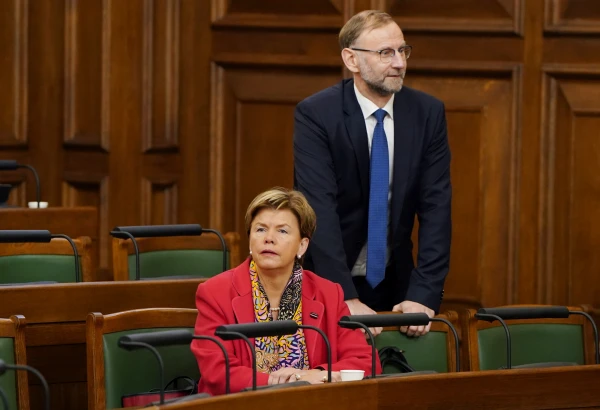
On Thursday, Members of the European Parliament proposed to introduce stricter rules for protecting minors online, including establishing a minimum age of 16 across the bloc, from which children can use social media and AI-based virtual 'companions' without parental consent.
In a report adopted by the European Parliament's Committee on the Internal Market and Consumer Protection, lawmakers proposed to ban access to social media for children under 13, regardless of parental consent.
Members of the European Parliament also called for the introduction of fines and the blocking of platforms that do not comply with EU rules on protecting minors under the Digital Services Act. The authors of the initiative emphasize the need for stricter EU regulations regarding access to social media and enhanced safety measures for children using online services.
In particular, to limit access to harmful content, lawmakers propose to protect children from engagement-based algorithms and to ban the implementation of gaming mechanisms that simulate gambling in games for children. The report also states that platforms should be prohibited from incentivizing minors to participate as influencers.
The proposal, adopted by a large majority in the committee, will be put to a vote in the European Parliament from November 24 to 27.
The European Parliament's initiative reflects growing efforts at the EU level to ban the use of social media by children. European Commission President Ursula von der Leyen personally supports such a move, and an expert group is expected to prepare a report on possible EU-level measures by the end of the year.
25 out of 27 EU countries, as well as Norway and Iceland, signed a declaration this month supporting von der Leyen's plans to explore the possibility of legislating a digital maturity age in the EU and emphasizing the need to protect minors online.














Leave a comment